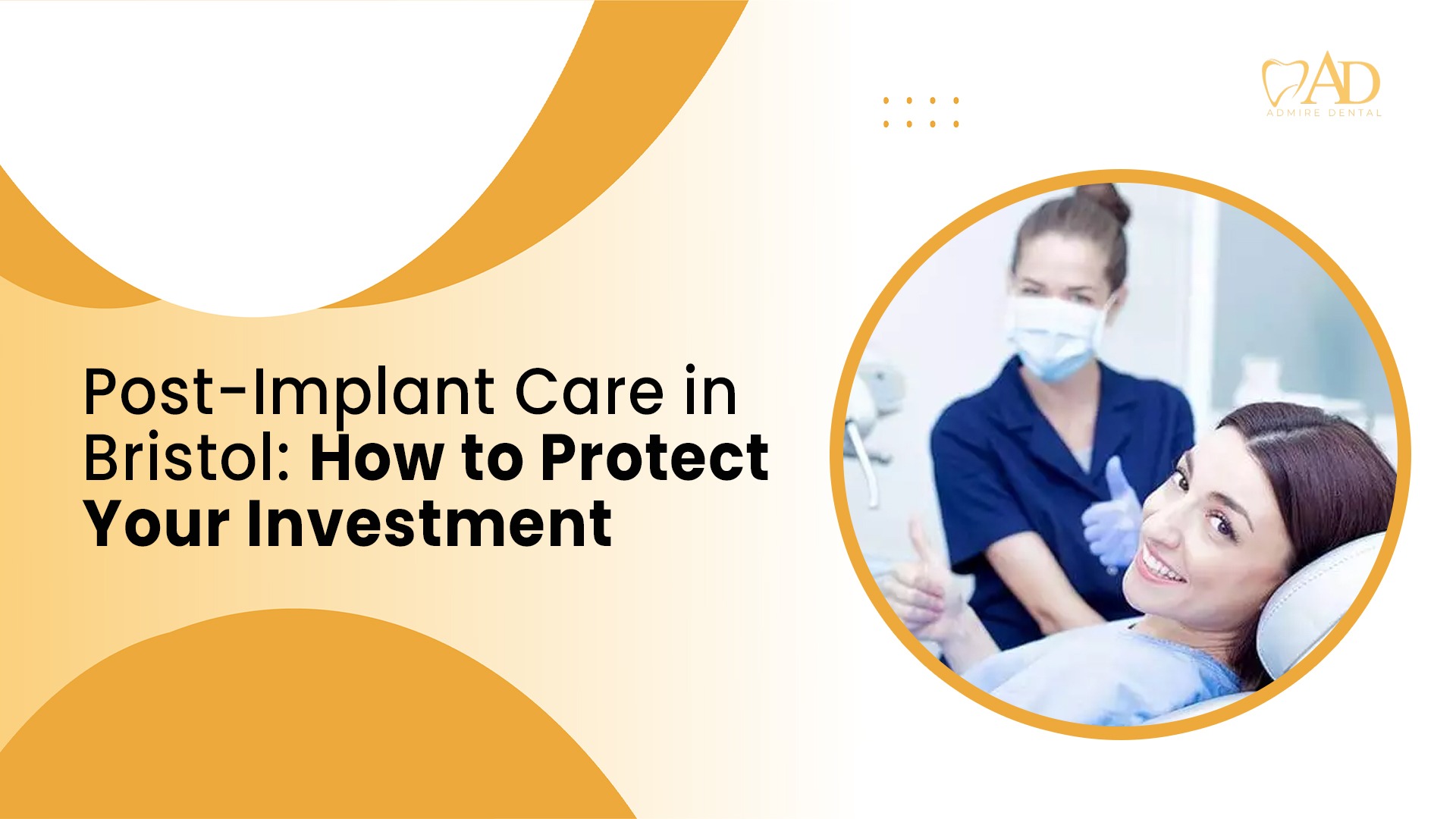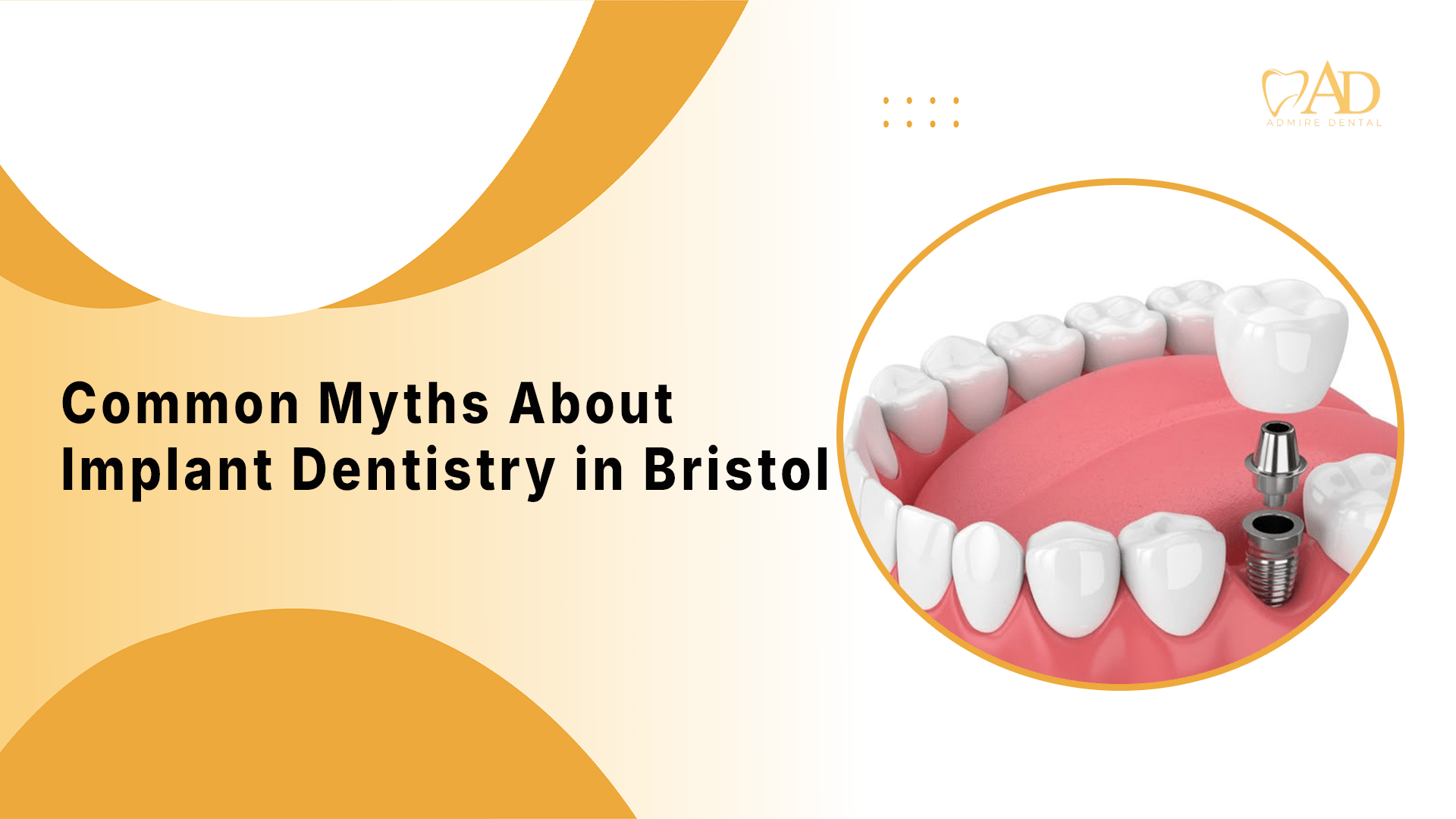Dental implants are an important step in restoring self-confidence and your appearance. But, the process doesn’t end once the Implant has been installed; keeping them in good condition is just as important. Proper post-implant care can help make sure that the Implant lasts for many years, and that you’re safe clean and relaxed.
If you’ve had recent dental implant dentistry in Bristol or are planning to have one, you should follow this guide to aid you in understanding how to maintain the dental implants you have and protect your investment.
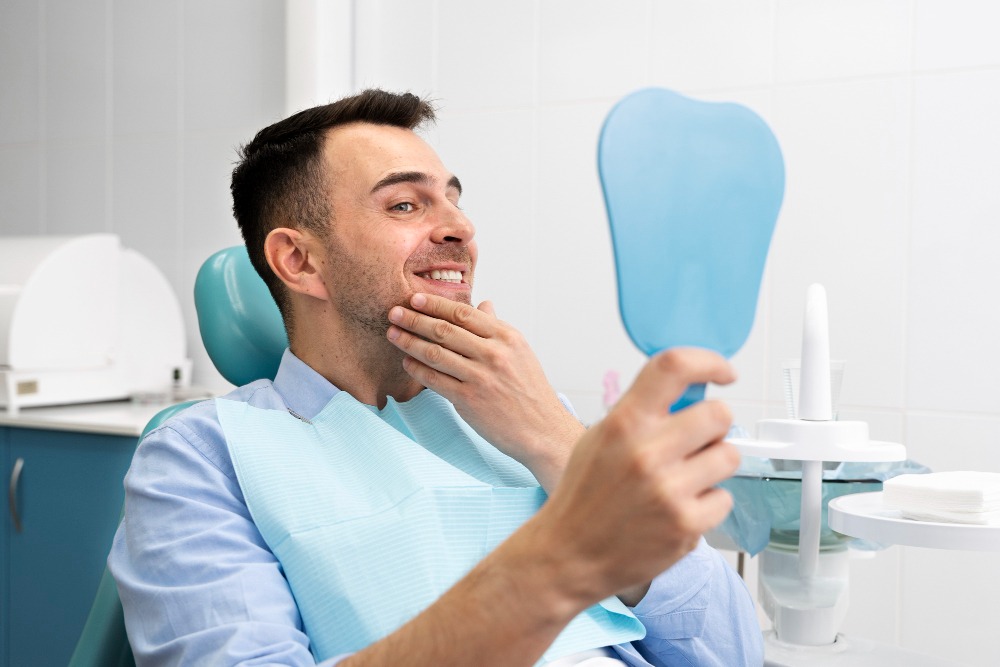
Why Post-Implant Care Matters
Implants are designed to last a long period of time, but only if you take maintain them. Like normal teeth, implant do not have cavities, however the gums and bone around them require care. Inattention or lack of hygiene can cause pain or infection, and even the failure of the implant.
Good care helps:
- Maintain the health of your gums
- Stop the spread of infections
- Check that your Implant is secure and strong.
- Maintain a positive, confident smile
In short, your daily routines can have a huge difference in how long you can count on the longevity of your implants.
1. Follow Your Dentist’s Instructions Carefully
After your implant dentistry in bristol the dentist will give you specific instructions on how to care for it. They may include:
- What are the top foods to eat? Beware of
- How do you clean the implant area?
- When is the most appropriate time to start taking medication?
Make sure you follow these rules carefully in the initial days after surgery. Your mouth will require time to heal, which is why it is important to try not to return to your routine immediately.
2. Maintain Good Oral Hygiene
Even though implants aren’t really real however, the mouth needs regular care. Be sure to brush and floss at least every other day the same way you would with your natural teeth.
Here’s how you can clean your home without harming yourself:
- Use a toothbrush with a soft bristle to avoid irritation to your gums.
- Select a toothpaste that’s not rough (avoid teeth with white or hard).
- Make sure to clean the Implant gently with floss specifically designed to be used for implant placement, and also the interdental brush.
Healthy mouths are vital for preventing gum infections which could cause damage to the Implant in time.
3. Watch What You Eat
After surgery, it is recommended to consume food items that don’t require a large amount of chewing. Examples are soups, yogurt or mashed potatoes. Also, smoothies. Avoid hard, spicy, or hot foods which could cause irritation to the surface of the implant.
Following healing, you’ll be able to get back to your usual diet. But, it’s recommended to stay clear of hard food items (like soft candy, or even ice) which could cause damage to the top of your implant.
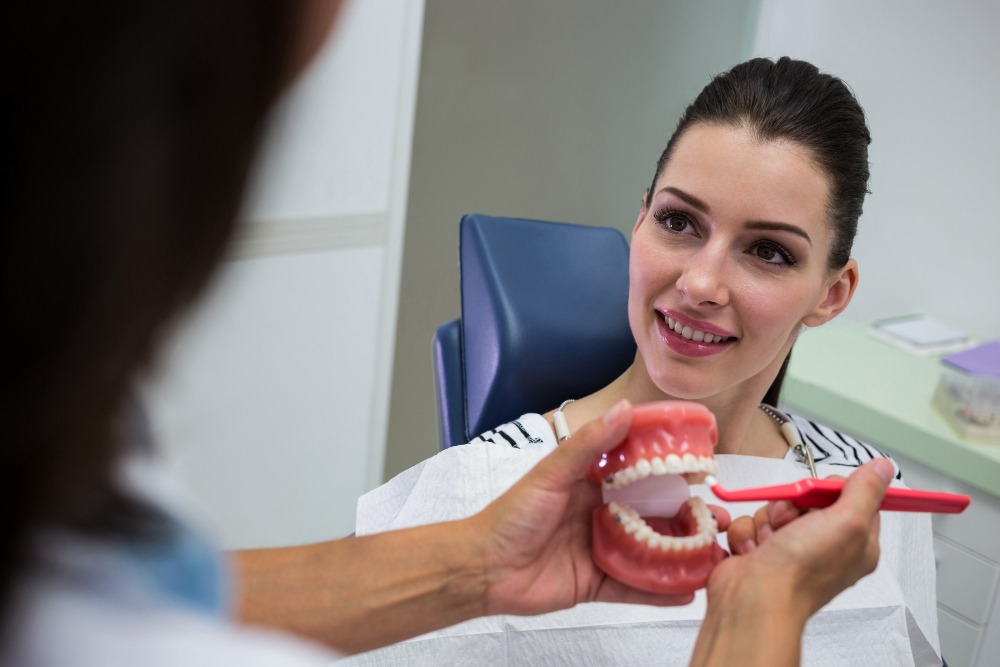
4. Avoid Smoking and Alcohol
Smoking cigarettes and alcohol can hinder healing process and increase the risk that the implant will fail. Smoking cigarettes can reduce the blood flow towards the gums. This makes it harder to heal them after surgery.
If you’ve made the decision to make the investment in implant dentistry in Bristol is the ideal moment to quit smoking cigarettes. Not just to protect good health for your implant but for your overall health.
5. Attend Regular Dental Check-Ups
Your dentist will check your implants often to make sure that they are healing properly and remain secure.
In your dental appointment, the dentist may:
- Professionally cleanse your implants
- Make sure you check your food before you eat.
- Check your gums and the bone levels.
These checks can help identify any minor problems before they turn into major issues.
6. Take care with the Implant. The implant is a sensitive area.
In the initial few days following surgery, avoid touching or poking the implant area by using your fingers or tongue. Avoid intense exercise or any other activity that could raise the blood pressure. Relax whenever you can to allow your body to recover faster and more effectively.
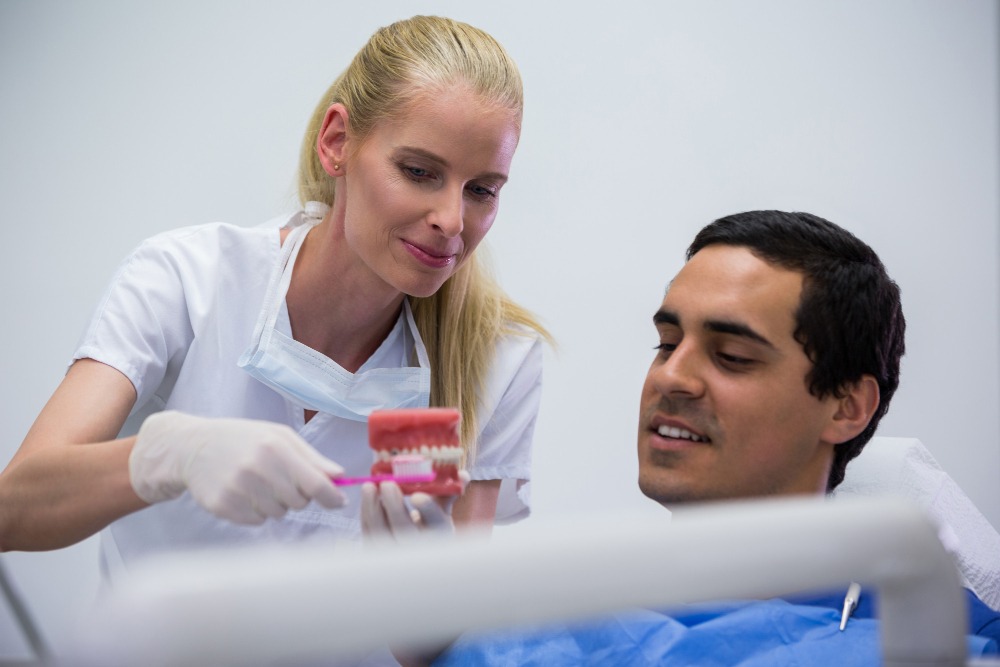
7. Use Antibacterial Mouthwash
A mouthwash that is antibacterial can help reduce the amount of bacteria in your mouth, and also reduce the spread of infection. Your dentist may suggest an easy rinse like chlorhexidine.
8. Manage Pain and Swelling Naturally
Patients are likely to feel discomfort or swelling following surgery. You can:
- A cold pack is applied for between 10 and 15 mins on your cheeks
- Use prescription or over-the-counter prescription pain relievers
- Keep hydrated and take a break.
The swelling is usually gone within two or three days.
9. Protect Your Implants from harm
If you’re a sports or a person who grinds their teeth at night, you could require extra protection. Talk to your dentist about an oral guard and a nightguard to keep your implants secure from pressure or impacts.
How Long Do Dental Implants Last?
If taken care of properly dental implants are able to last up to 15 years and some may last for a life time. Crown (the visible part of the dental implant) might need replacement in the future due wear, but this titanium implant is very durable and built to last for an extended period of time.
When to Call Your Dentist
Contact your dentist immediately if you notice:
- The pain or swelling persists to increase over several days
- Bleeding that will not stop
- Implants loosely
- The difficultness when chewing and biting
They could be a sign of an implant or infection issue which need immediate care.
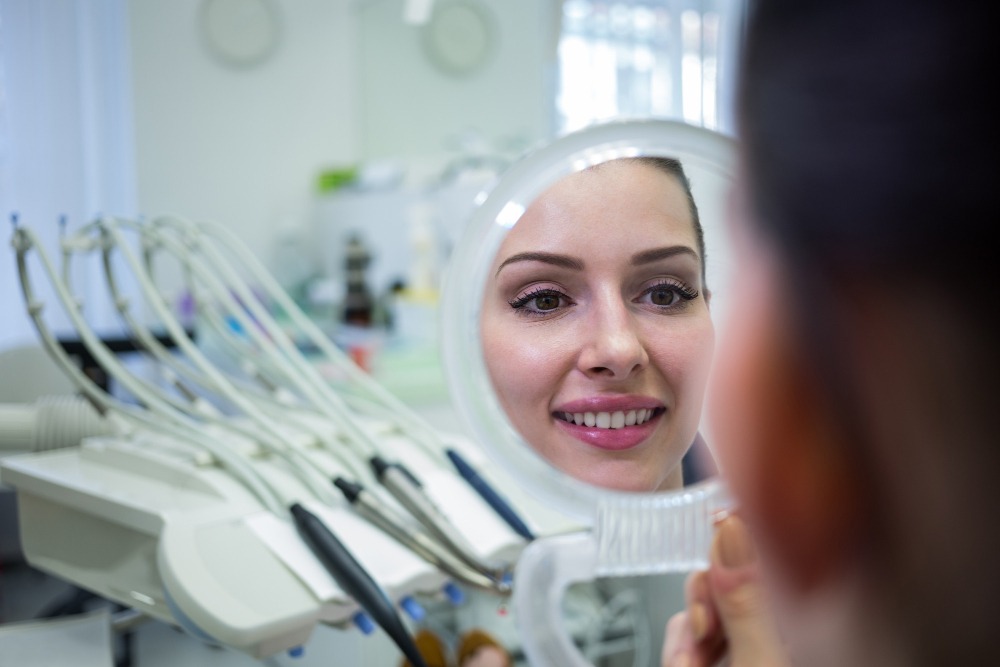
Conclusion
Post-implant treatments aren’t too harsh. It’s about keeping your oral hygiene by following your dentist’s instructions, as well as taking charge of your overall health.
If you’ve chosen to go with implant dentistry in Bristol you’ve made an investment that will benefit the health of your teeth. It’s now your responsibility to protect your investment by offering simple home care, regular checks and a healthy lifestyle. Pay attention to how a little of care now will ensure that your implants will endure for many years.
FAQs
1. What is the duration to heal following the use of dental implants?
Most patients recover about one to two weeks however, complete rehabilitation of implants inside the bone may take some time.
2. Do I need to brush my teeth after getting an implant?
Yes, but be careful. Make sure to use a gentle toothbrush, and avoid the area of surgery for a couple of days.
3. How long do teeth last?
If they are treated properly implants may last at least 15 years or even last for a lifetime.
4. What foods should I avoid in the days following the insertion for dental implant?
Avoid the hard, sticky food for a minimum of one week following surgery. Be sure that you stick to soft, easy to chew food items.
5. When is the most appropriate timing to visit my dentist for an implant dentistry in bristol?
Most dentists schedule follow-up visits every week at a month, then one month, and then every six months to ensure that all is well.

